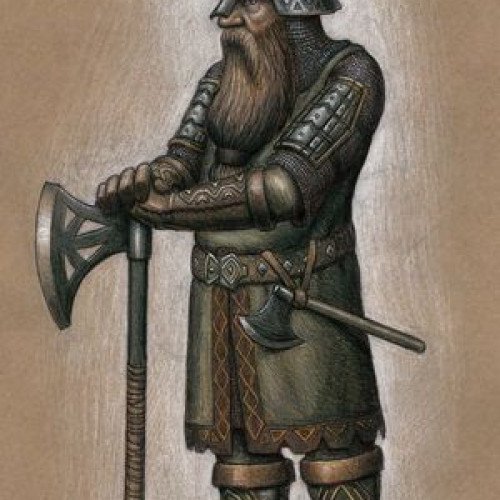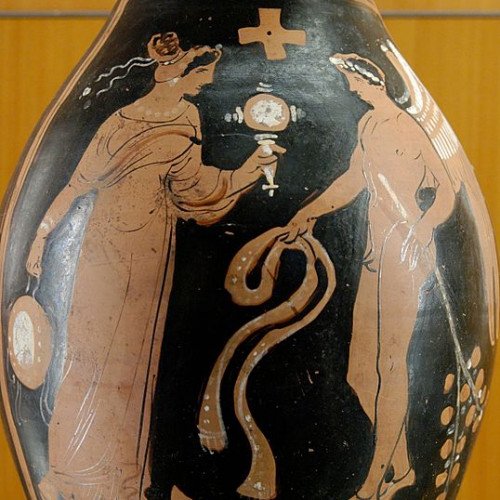Dwarf (mythology) VS Daemon (classical mythology)

Dwarf (mythology)
In Germanic mythology, a dwarf is a human-shaped (usually bearded) entity that dwells in mountains and in the earth. The entity is variously associated with wisdom, smithing, mining, and crafting. Dwarfs are sometimes described as short and ugly, although some scholars have questioned whether this is a later development stemming from comical portrayals of the beings. Dwarfs continue to be depicted in modern popular culture in a variety of media. In the mythological and later fantasy literature context, the term is sometimes pluralized to dwarves (a usage popularized by J. R. R. Tolkien) to better distinguish from everyday persons with dwarfism.
Statistics for this Xoptio

Daemon (classical mythology)
Daemon is the Latin word for the Ancient Greek daimon (δαίμων: "god", "godlike", "power", "fate"), which originally referred to a lesser deity or guiding spirit such as the daemons of ancient Greek religion and mythology and of later Hellenistic religion and philosophy. The word is derived from Proto-Indo-European *daimon "provider, divider (of fortunes or destinies)," from the root *da- "to divide". Daimons were possibly seen as the souls of men of the golden age acting as tutelary deities, according to entry δαίμων at Liddell & Scott.